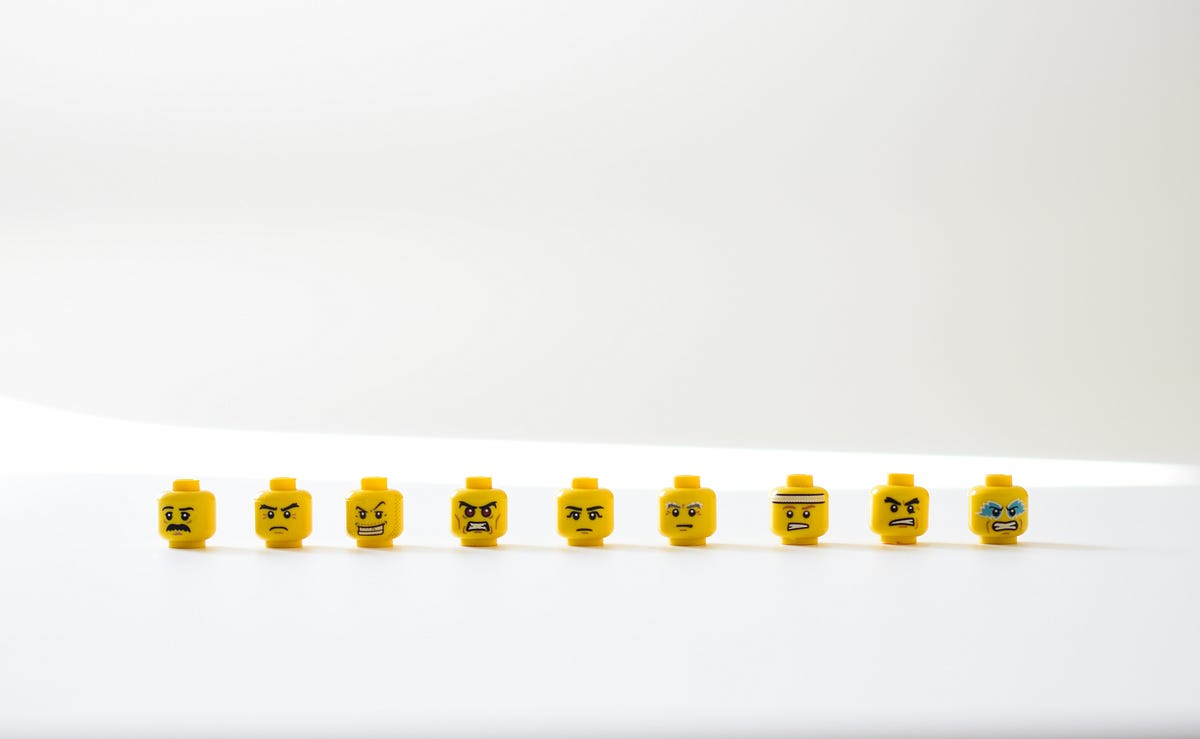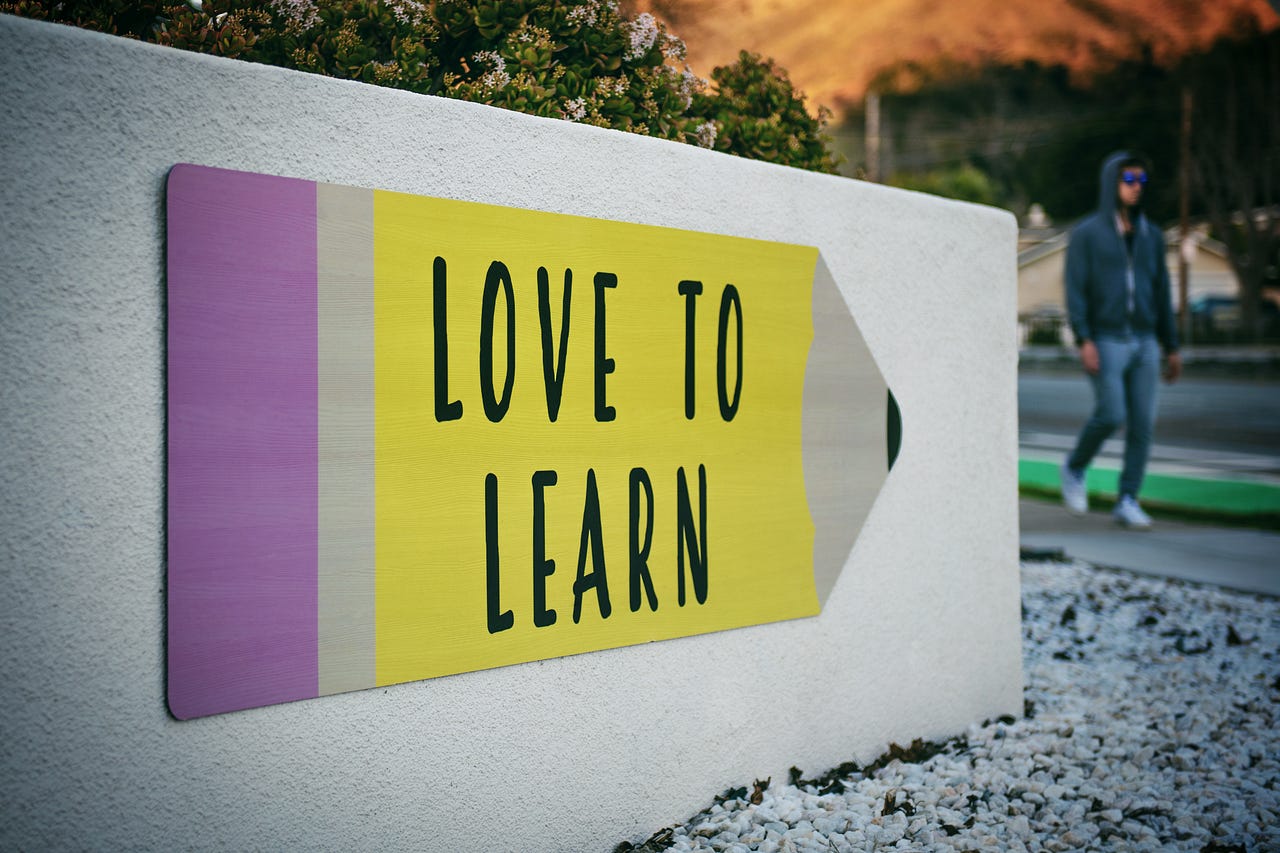 |
| Photo by Nick Fewings on Unsplash |
Dear Readers,
Thank you for coming here!
In a world that often seems to focus on negativity and problems, it can be easy to forget about the positive things in our lives. However, cultivating a practice of gratitude can have a significant impact on our mental health and well-being.
Gratitude is the practice of acknowledging and appreciating the good things in our lives. This can range from small everyday blessings, like a sunny day or a kind word from a friend, to major accomplishments or milestones.
 |
| Photo by Pro Church Media on Unsplash |
Research has shown that regularly practicing gratitude can have numerous benefits for our mental health, including:
- Reducing Symptoms of Depression: Studies have found that people who regularly practice gratitude are less likely to experience symptoms of depression and anxiety.
- Improving Sleep: A gratitude practice has been shown to improve sleep quality and reduce the time it takes to fall asleep.
- Increasing Resilience: When we focus on the good things in our lives, we become more resilient in the face of adversity. Gratitude can help us to maintain a positive outlook and cope more effectively with stress.
- Boosting Positive Emotions: Regularly practicing gratitude can increase feelings of happiness, contentment, and overall well-being.
- Strengthening Relationships: Expressing gratitude to others can strengthen our relationships and improve our social connections.
 |
| Photo by Priscilla Du Preez on Unsplash |
There are many ways to cultivate a practice of gratitude.
Some people keep a gratitude journal, writing down a few things they are grateful for each day.
Others may express gratitude through prayer or meditation, or by simply taking a few moments each day to reflect on the good things in their lives.
Whatever method you choose, incorporating gratitude into your daily routine can have a profound impact on your mental health and well-being.
 |
| Photo by Towfiqu barbhuiya on Unsplash |
In conclusion, practicing gratitude is a simple but powerful tool for promoting mental health and well-being.
By focusing on the positive things in our lives and expressing gratitude for them, we can reduce symptoms of depression and anxiety, improve our sleep, increase our resilience, boost positive emotions, and strengthen our relationships.
So why not give it a try? Take a few moments each day to reflect on the good things in your life and express gratitude for them. You may be surprised at the positive impact it has on your mental health and overall well-being.
Till next time!





















